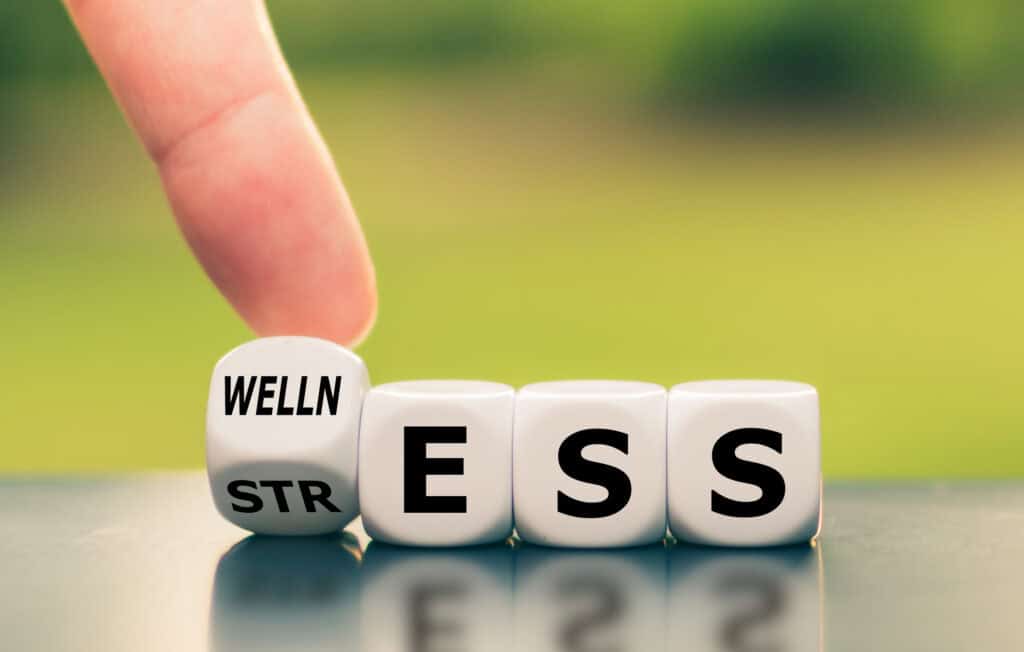Given my background as a clinical director, I see strong parallels between the impacts of the pandemic on healthcare and education employees. Both groups faced enormous challenges, dedicated to serving others under difficult circumstances. Many professionals left these fields, leaving those who remained overwhelmed and stressed.
Since the pandemic, I’ve expanded my focus from helping educators teach self-regulation skills to students, to ensuring that adults also acquire these skills. Data shows that adults are struggling, making it unrealistic to expect them to teach or model social-emotional management without having these skills themselves.
Self-regulation and co-regulation are crucial. How can we ask an adult to help a child regulate their emotions if they haven’t learned these skills properly? Relying on advice from TV personalities or social media isn’t sufficient. We need to do better.
Self-regulation is critical across all areas of life, from mental health issues like anxiety and depression to challenges related to school, work and relationships with family and friends. Research supports the idea that teaching self-regulation can lead to positive outcomes, including reduced bullying and improved life expectancy. As discussed in the Self-Regulation Skillset guide for educators, I haven’t found any issue that isn’t related in some way to self-regulation skills.
Physical Regulation
The first skill in self-regulation is developing the ability to effectively regulate one’s physical responses to challenge. This involves an awareness of our body’s ‘fight or flight’ signals, such as tension in key areas like the shoulders, jaw or back. By consciously observing these physical cues and engaging in patterned, repetitive, rhythmic activities, we can minimize our threat response and foster a sense of psychological security. Activities such as painting, meditation, walking or swimming help calm both body and mind.
Emotional Regulation
Physical regulation is just one part of the puzzle. Another key step in developing a self-regulation skillset is understanding our emotions and expressing them in healthy, beneficial ways. Emotional regulation skills make us better equipped to navigate through feelings of fear, sadness and anger without being overwhelmed by them. Labeling our emotions correctly and finding effective ways to process them is a skill that needs to be honed over time. Social interactions, reaching out to loved ones for support or engaging in faith-based practices such as prayer can be powerful outlets to process these emotions. Additionally, writing in a journal, drawing or setting aside time to reflect on and address our emotions can offer us alternative ways to deal with our feelings. Having a set of fallback strategies for emotional expression is particularly important in situations when immediate sharing is not an option.
Cognitive Regulation
Finally, let’s talk about cognitive regulation. This involves being aware of our thoughts and identifying any unhealthy beliefs that might be causing emotional distress. By recognizing and replacing these unhelpful thought patterns, we can make a difference in our mood and behavior. This capability can be practiced and honed through lessons and group activities, allowing us all to practice and integrate these strategies into our daily lives.
Remember, developing a self-regulation skillset is a journey. Be patient with yourself as you strengthen your skills to maintain balance and emotional well-being in the face of any challenge you face this school year — and throughout your life.





